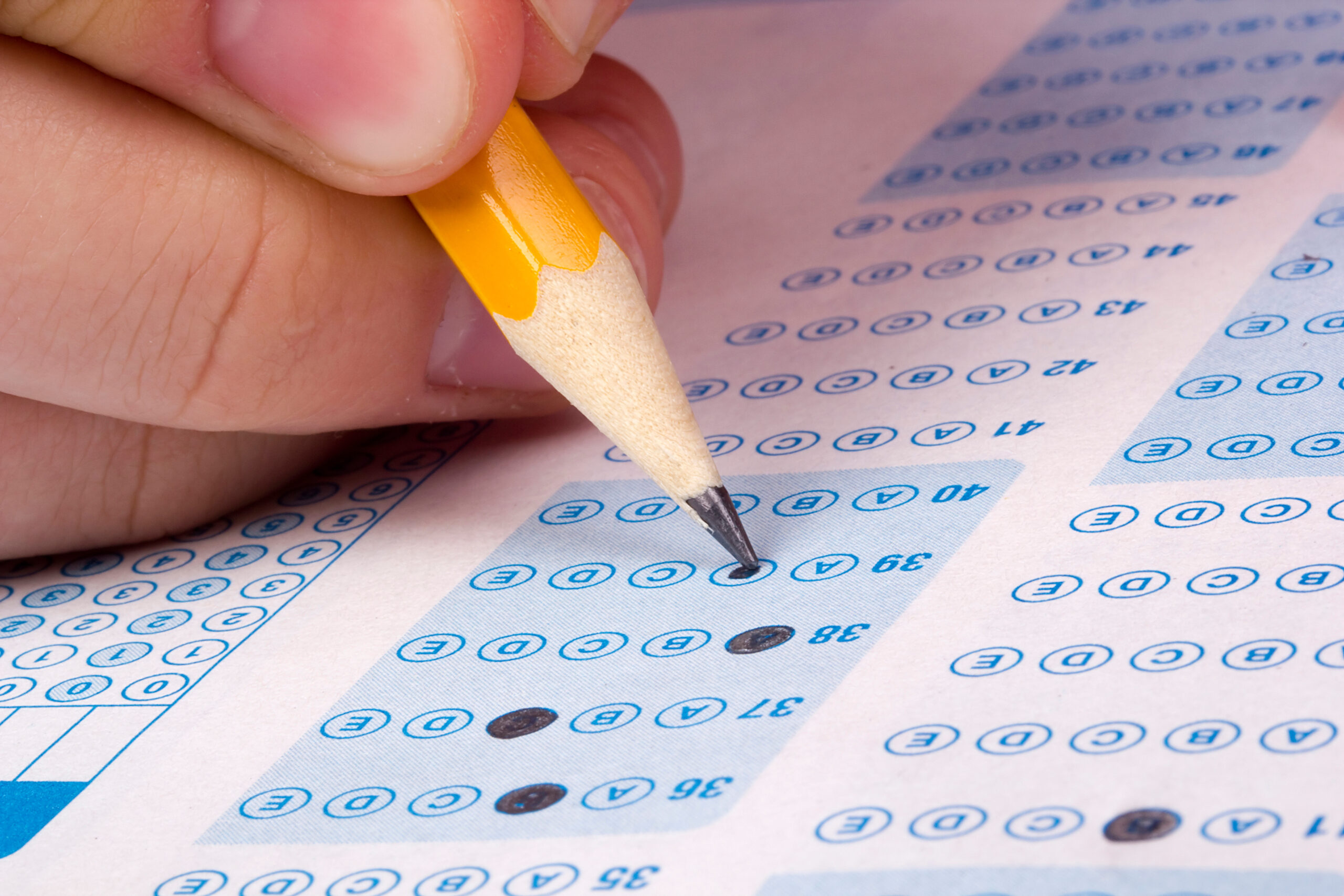Every person handles test day differently. Some walk into the exam full of caffeine and confidence; others (myself included) enter with anxiety, regardless of how much we prepared. Recently, I had a large exam, and I ran a small experiment; what would happen if I did not allow myself to get anxious? This is a much easier task said than done, but I reminded myself to stay calm and relax after every hour of studying. What happened was anything but remarkable: I did not do better than expected, but I also did not do worse. I performed exactly as expected, so this begs the question: how does our testing anxiety impact our performance?
There is a fine line between good and bad levels of anxiety. Good levels of anxiety motivate students to work and positively reinforces good study habits; however, anything above a good level can negatively impact performance. But why? Sarason, the developer of the widely used anxiety scale, believes that testing anxiety is a “self-preoccupation” that is associated with low self esteem, which can lead to negative cognitive evaluations, lack of concentration, unpleasant physiological reactions, and low proficiency. Additionally, other researchers believe that high levels of anxiety are associated with intrusive thoughts, causing distractions as well as destroying motivation and concentration. To further examine this relationship, DordiNejad et al. used Sarason’s anxiety scale to correlate anxieties and performance. They found that of 150 participants, there greater the test anxiety, the lower the performance. There was also a positive correlation between a person’s age and anxiety: the older a person was, testing anxiety was more likely to be felt. With more testing anxiety, they were more likely to perform worse.
Testing anxiety is associated with low self esteem leading to low cognitive performance.
Image Source: Kobus Louw
Research has shown that it is best to try to manage our testing anxiety to maximize our performance. That is much easier said than done, but the Princeton Review has many strategies to help. The number one strategy is to be prepared. This does not mean to study yourself into exhaustion; instead, study hard and acknowledge the efforts you put into your preparations. Similarly, keep a positive mental attitude. Intrusive thoughts and being in a bad mental place can only decrease one’s performance. Furthermore, try speaking positive affirmations out loud such as, “I have worked hard for this!” or “I deserve to perform well!” At the end of the day, a test is not worth your anxieties, and you do deserve to perform well!
Featured Image: © Art of Success/ Adobe Stock










